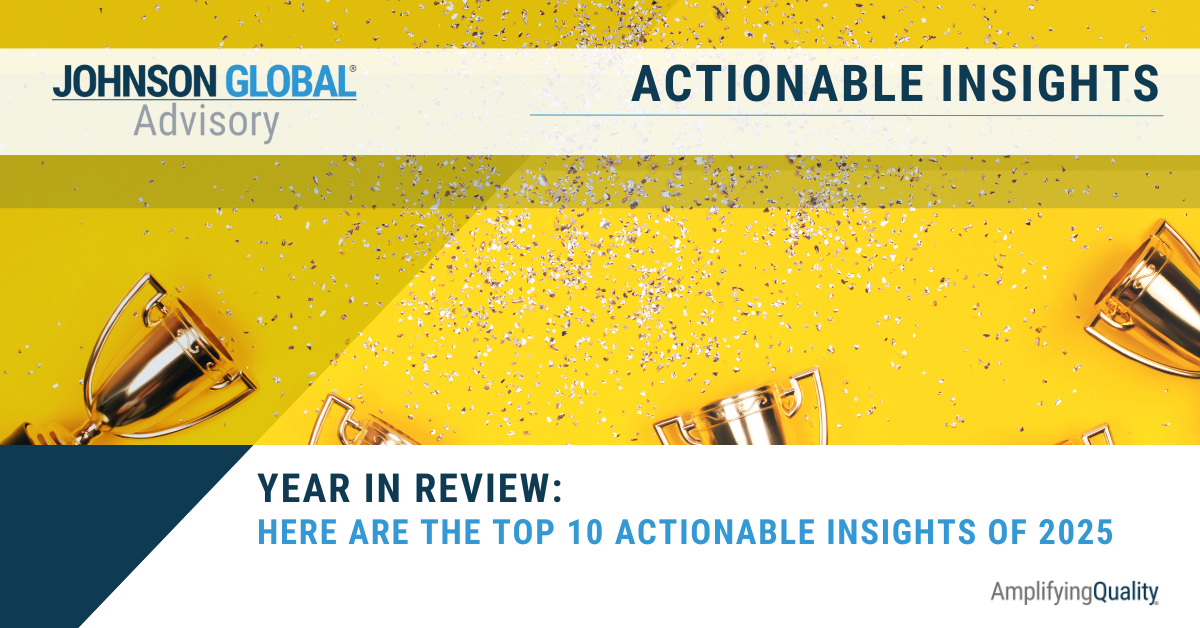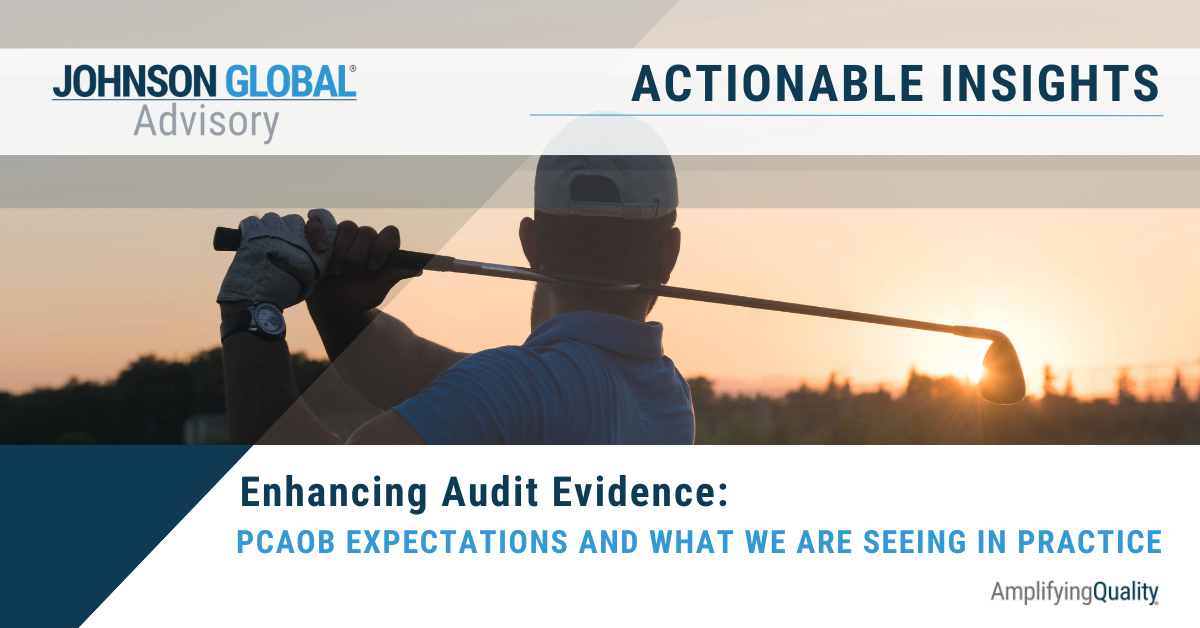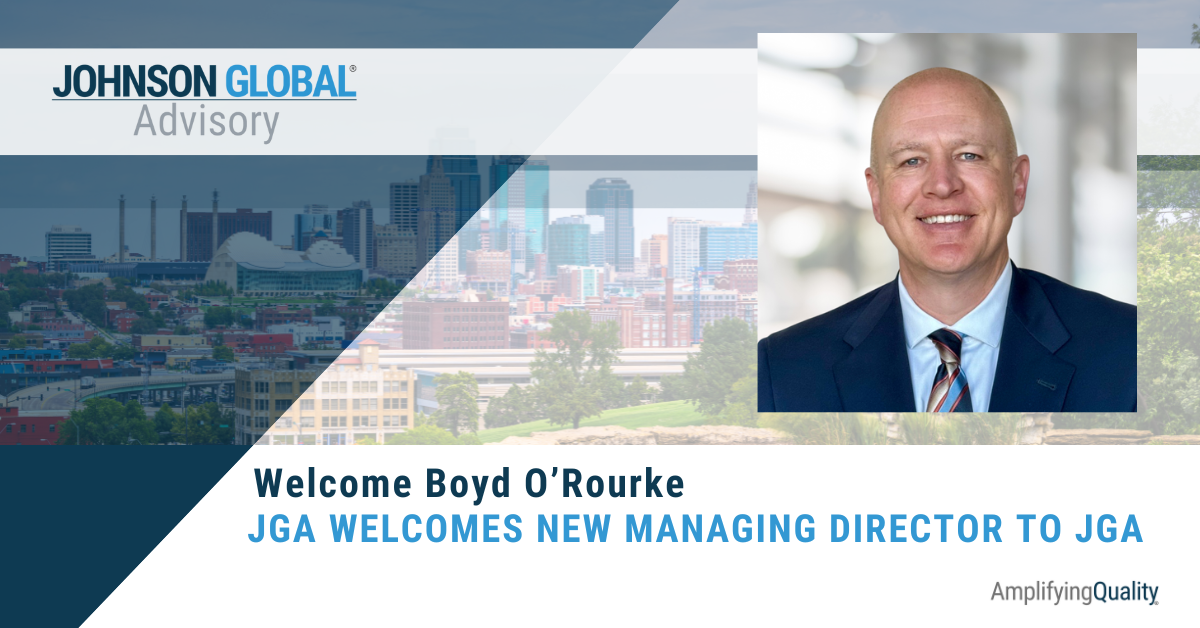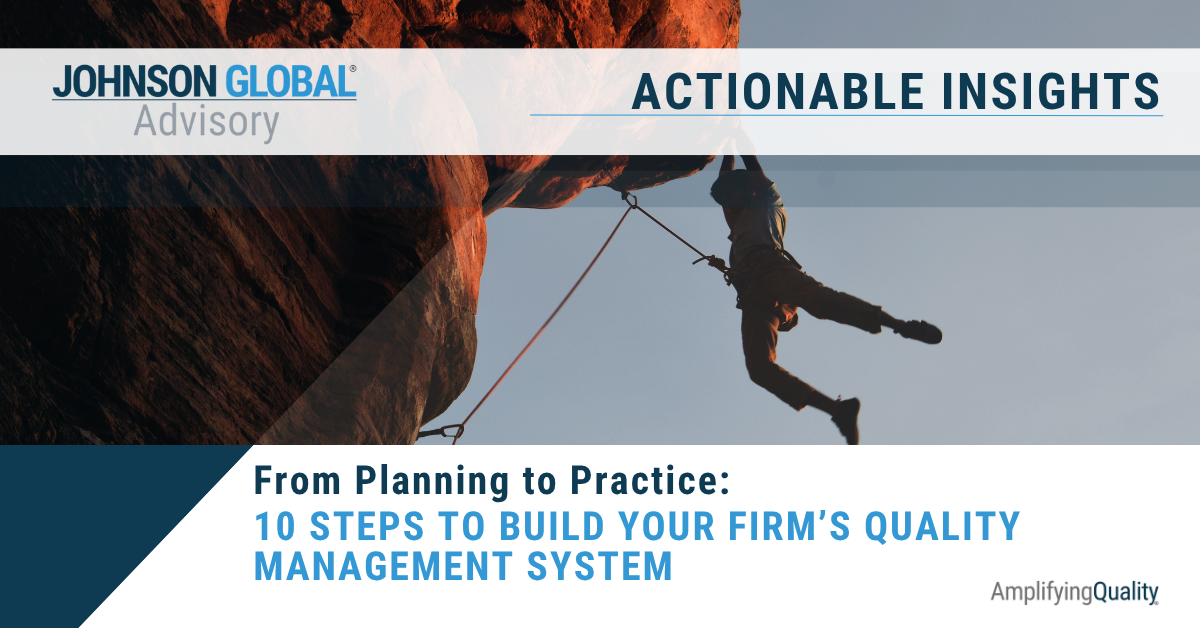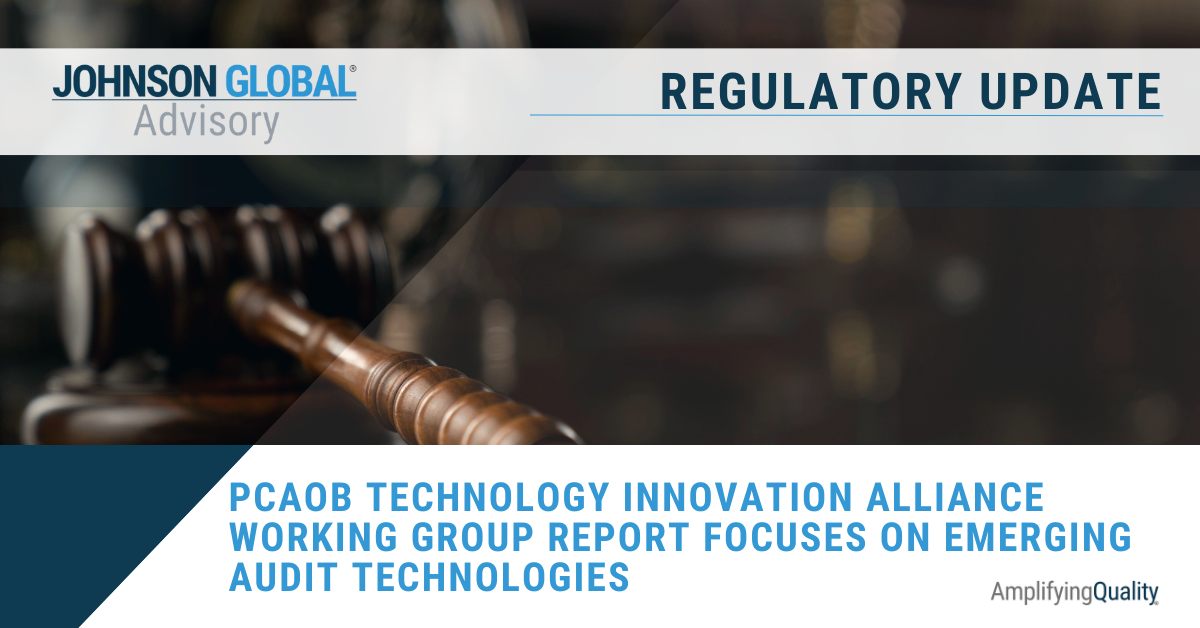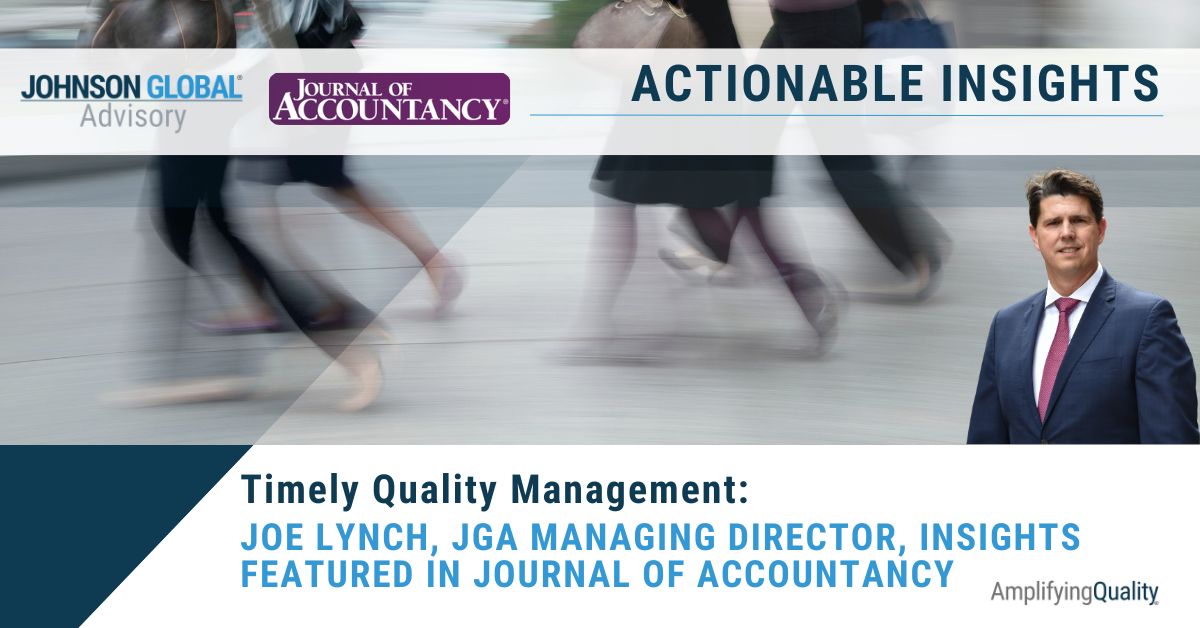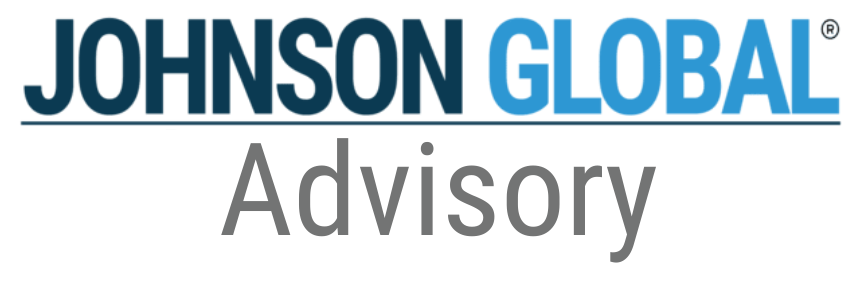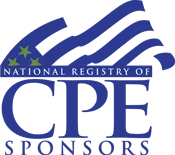Meet Geoffrey Dingle: Reflections From the Other Side
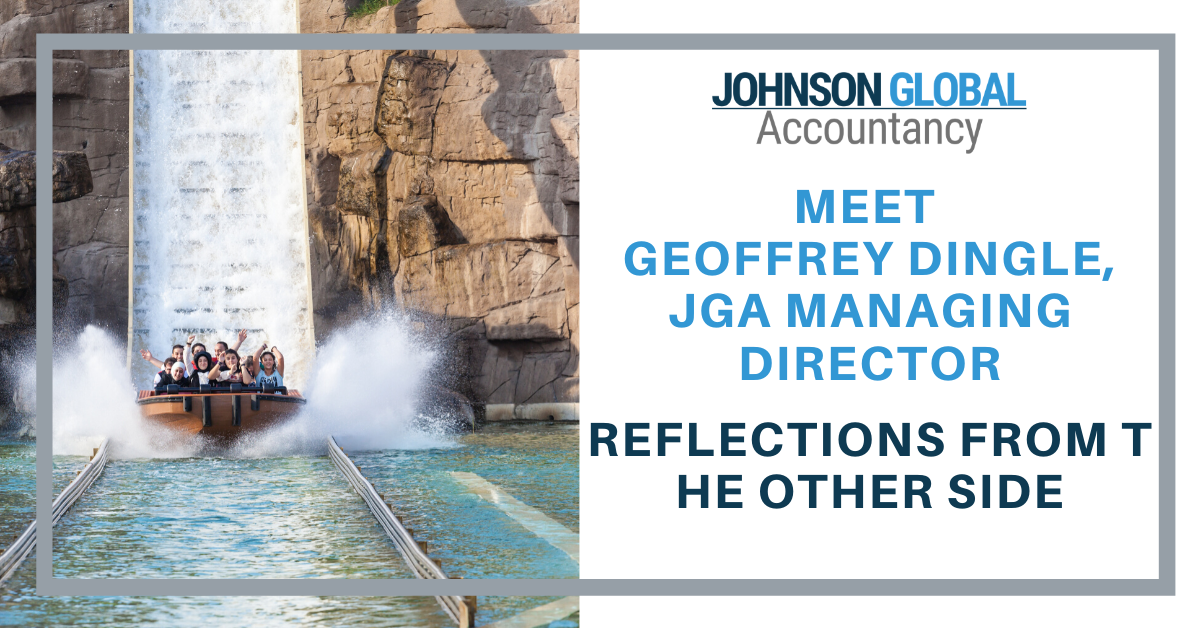
Recently, Geoffrey Dingle joined Johnson Global Accountancy as a managing director. Geoff sat down with Sara Janjigian Trifiro, the Firm’s Director of Marketing for an interview of his past experience and his first impressions of JGA and how we serve our clients.
SJT: What makes you excited to join JGA?
GD: Over the past few weeks, it has been really refreshing to witness the commitment of the team at JGA helping accounting firms improve their audit quality. While I was at the PCAOB, I saw how hard firms were struggling to improve audit quality. To now be on the other side of the table working with clients through their pre- or post-issuance reviews, assisting engagement teams in PCAOB comment form responses or helping firms in their root cause analysis, I am delighted to be part of solving the problems and not just identifying them. JGA has such depth of experience to pull from - CPAs and former seasoned PCAOB inspectors. The team comes up with solutions that work, are not overly cumbersome, and will help improve quality over the long term. For JGA, it is not just about making sure firms comply with PCAOB regulations, but helping make real, actionable changes that permeate and strengthen the quality control of firms.
SJT: You have had a varied career. What are the most important aspects of your experience in auditing and in audit regulation that you will bring to your work at JGA?
GD: Throughout my career I have noticed that a common struggle for many firms stems from the varying judgments and decisions that engagement teams and audit committees have to make. So many of these decisions are subjective and based on multiple inputs of data and opinions. My experiences in the corporate world, as a Big 4 auditor, and as a PCAOB regulator overseeing audit firms, have led me to develop an understanding of these varied judgements and how they, while the best intensions are usually at play, can complicate the process. The PCAOB inspection teams are not able to read engagement teams’ minds of what judgments they were considering as part of initial fieldwork. Clear communication and proper workpaper documentation is at the core of solving most problems.
For the 10 years that I was at the PCAOB, I was actively involved in many aspects of the PCAOB’s mission. I worked in the inspection process where I saw how engagement teams implemented and followed auditing standards which included analyzing judgements around things like goodwill impairment and decisions made by engagement teams. I was also involved in the report writing process where we developed Part I PCAOB report findings as well as the development of the nonpublic Part II quality control criticisms. My experience in the PCAOB’s management and monitoring program is even more relevant now as this has become a larger focus area by the Board and have seen an increase in seeking comments on the revisions to be made to the PCAOB Quality Control standards. When it comes to root cause analysis, I was also heavily involved in reviewing accounting firms root cause analysis and remediation processes.
Quality is not one right answer. It is, instead, a cultural mindset, which is as much about changing peoples thought processes, their habits, and their priorities, as it is about changing policies. Having been on different sides of the table helps me to see where the engagement team is coming from in its judgment making as well as where the regulators are coming from related to expected compliance with auditing standards.
SJT: What do you think are the biggest opportunities that firms are dealing with in respect to audit quality?
GD: A huge opportunity the accounting profession continues to encounter is compliance with the independence standards. Independence is at the core of the auditing profession – if an auditor is not seen to be independent, the users of the financial statements question the impartiality of the auditors and the reliability of the financial statements. As the PCAOB Standards quite rightly say, no amount of technical know-how is going to change a user’s belief that an auditor is biased. The breakdown in independence typically occurs when an engagement team breezes through procedures performed related to identifying non-audit services. Or sometimes, they have inappropriately concluded that a service performed by the accounting firm is not an independence violation. Many engagement teams don’t fully grasp the sheer importance of this testing. Independence violations have dire consequences that far exceed significant fines. Investors’ lack of trust in a company’s financial statements can’t be repaired easily or with a fine. Engagement teams should be spending the appropriate time searching for potential independence concerns and consulting internally with their firm’s independence specialists.
The use of technology throughout the process has obviously transformed the industry over the course of my career. At the core, we are still doing the same things, but how we do them, has dramatically changed. Technology, new business models and even brand-new industries are exciting, but with each new step forward, there are additional challenges to consider. Cybersecurity concerns are becoming a significant risk to every company and individual in the world; no one is immune. Auditors now have the additional step of considering these risks within their assessment of internal controls. There is opportunity to adapt and think outside the box, which is exciting, but each decision must be made to address audit quality at the core of all we do.
SJT: Is there something that inspires you from outside the accounting industry?
GD: When my children were young, our favorite place to visit was Disney World. In addition to the joy my family had there, I was fascinated by their client service model. The moment that you arrive you feel like (even for a short time) that all the stresses and tribulations of life and work are forgotten. You are able to forget your daily worries and focus on spending quality times with the ones you love. While this doesn’t apply perfectly to the accounting industry, The Disney Way - “Dream, Believe, Dare, Do” principles to build a successful customer-centric culture, can be applied to our client service model. This is especially true of JGA. Our work with our clients helps them overcome big quality problems and create a better culture for their employees, clients and investors. Sometimes these are easier fixes like increased documentation of well-thought-out judgements; and sometimes there are larger training and development factors that need improvement. Regardless, I look forward to serving my clients and working with them to solve their quality control concerns and improving their firms today and in the future.
Geoffrey Dingle has over 20 years of experience in the accounting industry and brings a diverse set of experiences to JGA. As an Associate Director for almost 10 years, in the Division of Registrations and Inspections at the PCAOB, he conducted inspections of quality control and issuer audits. In addition, he played a senior role in planning, executing and reporting on the annual inspections of Global Network Firms, including, but not limited to, quality control procedures, review of comment forms, development of the inspection report criticisms and quality control themes, and evaluation and review of Firm root cause analysis and remedial actions.
Prior to the PCAOB, Geoff served as an audit senior manager at Deloitte. In this role, he led audit engagements for large publicly held companies. His client portfolio included consumer business, manufacturing, and agriculture companies.
His experience also includes an inside perspective of owning and managing an organization in today’s business environment as owner/CFO of Mathanasium North Marietta. Geoff started his career as a financial accountant of a media/newspaper company where he was responsible for the functioning of the accounting department and the month-end financial close and analysis/reporting process.
Geoff has a Post-Graduate Diploma in accounting and Bachelor’s Degree in Commerce (Accounting) from the University of KwaZulu-Natal. He is registered as a Certified Public Accountant in Virginia and is a member of the American Institute of Certified Public Accountants.
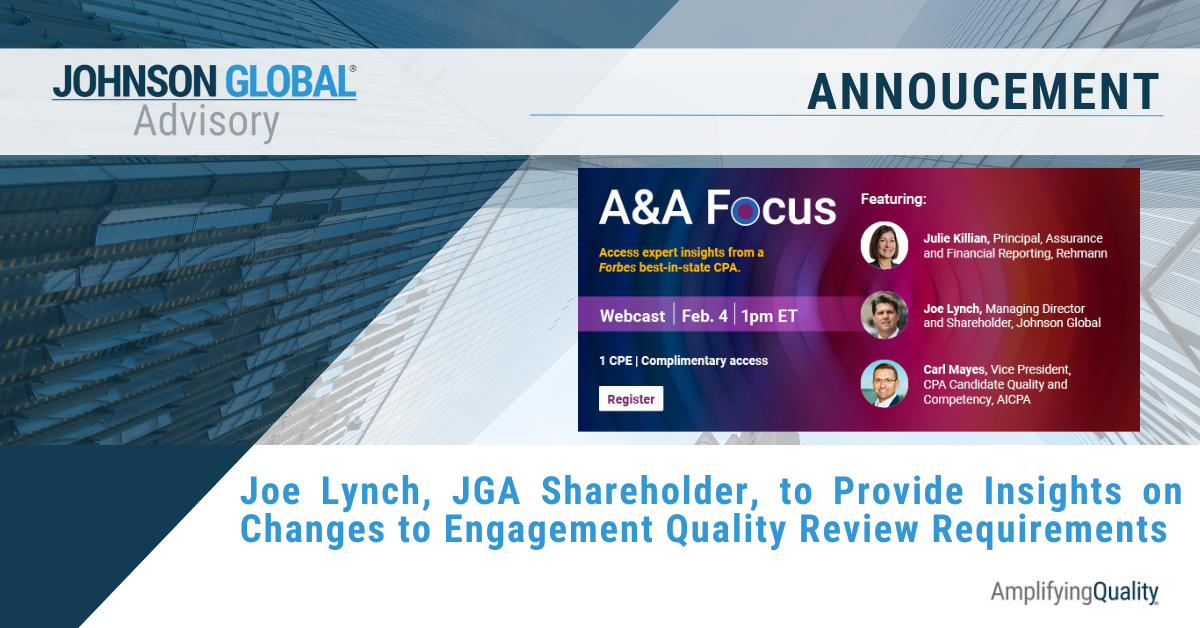
Joe Lynch, JGA Shareholder, to Provide Insights on Changes to Engagement Quality Review Requirements

